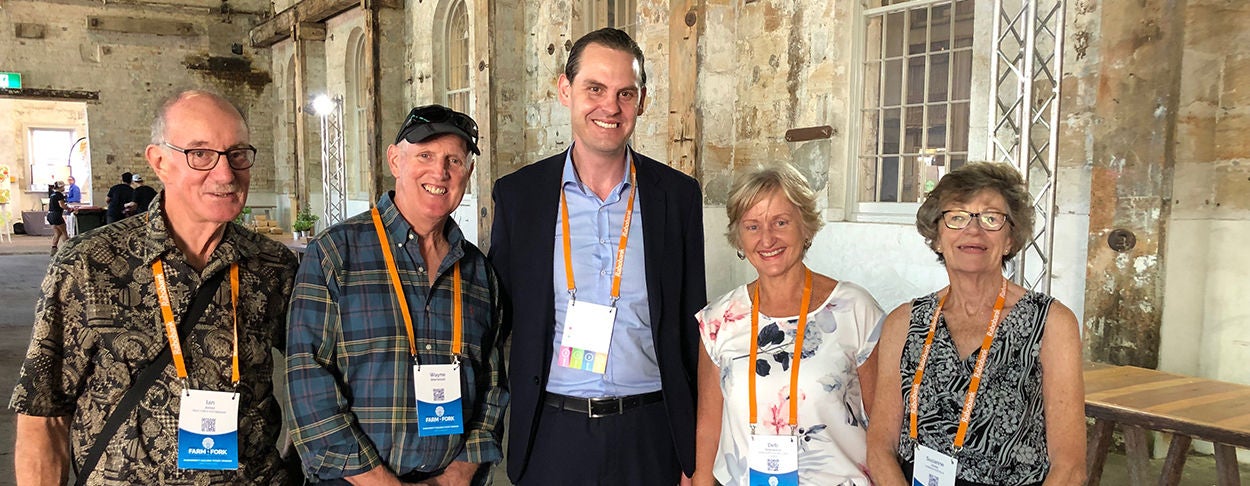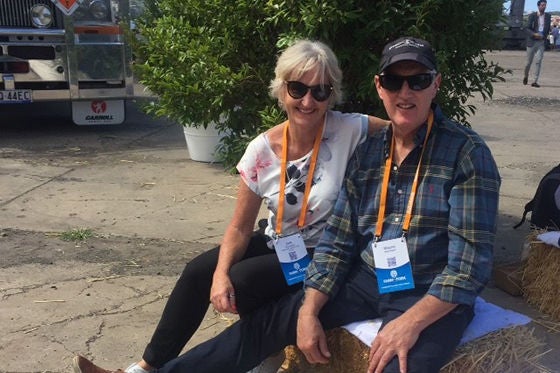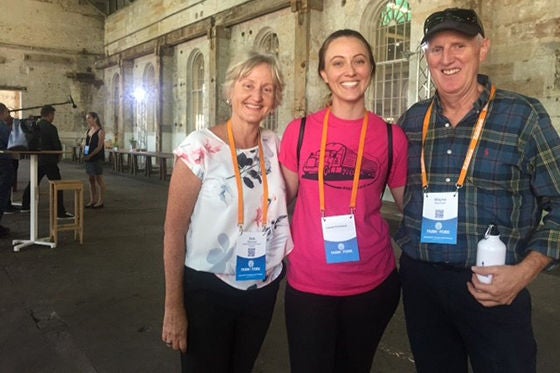Posted by on
12/08/2020
While rugby and banking might seem a strange match, it’s one that led Wayne and Deb Sherwood to Rabobank eight years ago – allowing them to build their savings while helping Australian farmers.
The couple decided to put money with Rabobank when their daughter worked for the Melbourne Rebels rugby team, who were being sponsored by the bank at that time.
“We felt that Rabobank was safe and different from other banks, so we started banking with them,” Deb said.
“We have always felt like a valued customer and we have had opportunities to feel very welcome on lots of occasions, which is different to other banks.”
And attending Rabobank’s Farm2Fork Summit this year confirmed for the Melbourne couple that they were not only investing in their own future, but also in the future of local farmers.
“The key message I got from Farm2Fork is that we have to support our farmers. Putting money through Rabobank is a way of doing that. It’s a way that city people can help our farmers who are growing our food,” Wayne said.

“Another thing that stood out for me at the summit was conservation and what farmers are doing through caring for the environment and a raft of innovative ideas.”
While Wayne now makes Jayco caravans and Deb is an insurance broker, Wayne explained that they were on a farm in north-east Victoria many years ago.

“We were also in the food industry through five generations of butchers before I started making caravans,” he added.
“We appreciate what it’s like on the farm – the land, the seasons, drought.
“It’s very tough, and what Rabobank is doing is actually giving farmers the opportunity and the security to be able to improve their properties and improve their production.”
“A lot of the things that happened that day at Farm2Fork we’ll take with us for the rest of our lives,” Deb added.
“It’s very inspiring when you hear people stand up there and talk about how they have to become innovative and needed to find ways to survive financially on the land.”
